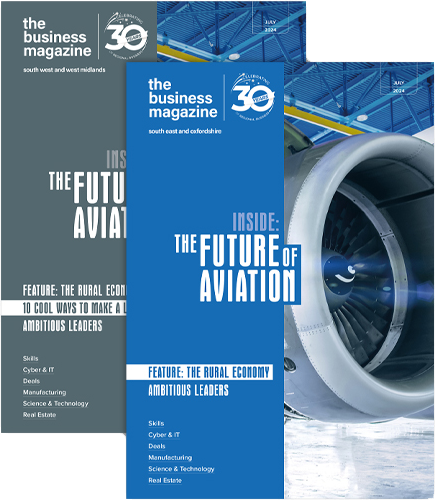National Composites Centre’s early careers engineers help power Paralympic Champion

Early career engineers at the National Composites Centre (NCC) in Bristol helped power Paralympic Champion Emma Wiggs MBE to gold at the Paris 2024 games by developing an optimised seat for her boat.
Using digital tools, including embedded sensor technology, the NCC team designed and manufactured the golden seat by reducing material in low-stress areas and increasing critical support where needed. The new seat is lighter, five times stiffer, and enhances power transfer from Emma’s paddle strokes to the boat, boosting speed over 200 meters – enabling the sub-minute gold medal win of 58.88 seconds and beating her nearest rival by over a second and a half in the Women's Va'a Single 200m (VL2) title.
Emma said: “Working with the brilliant team at the National Composites Centre has been so exciting. I’m hugely grateful for their expertise and innovation to develop and improve my adaption. Having the best brains working on making the boat go faster is a huge advantage and I'm excited to see what we can do together.”
The project was led by Jacob Holmes, Research Engineer at the NCC, who said: “Leading this project has been a great experience, allowing me to combine my passion for canoeing with the skills I have developed on the NCC’s graduate scheme and applying them to complete a fast-paced and exciting application. It was also brilliant to work with our partners, Piran, Techni Measure and SHD Composites to complete the seat.”
James Rayson, a Graduate Research Engineer who worked with Jacob on the project, added: “Undertaking the full design, analysis and manufacturing process with the NCC’s in-house experts was an incredible learning experience. Witnessing the impact of my engineering optimisation on performance for a World Champion has been phenomenal.”
Whilst the work involved on the paracanoe seat focused on a sports application, the capability behind it feeds into other sectors. For example, continuously tracking the health of parts will provide data to enable a digital twin – a live digital coupling of the state of a physical asset or process to a virtual representation with a functional output. The latter helps engineers study the impact of variables during the design, manufacture, or service life of a product.
Digital twin technology can reduce development time and the need for physical prototypes. It can also improve product quality and performance, cutting waste and lowering costs while enabling predictive maintenance. This enhanced capability directly supports the NCC’s ongoing energy transformation work to deliver impact for the UK, be it smarter and more sustainable through-life wind turbines or hydrogen storage solutions.
The paracanoe seat marks the second collaboration with Emma, who also won silver at Paris in the Women's KL2 200m. She was powered by a customised paddle designed and manufactured by the NCC in collaboration with the Manufacturing Technology Centre (MTC). The NCC and MTC are both part of the High Value Manufacturing Catapult.



















